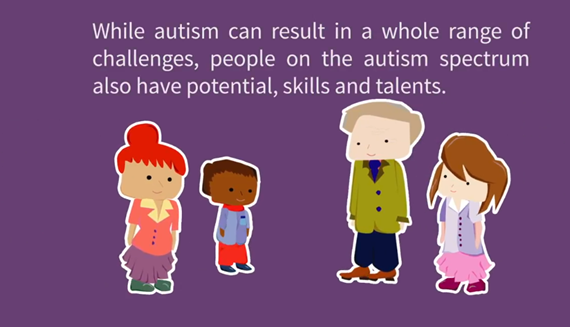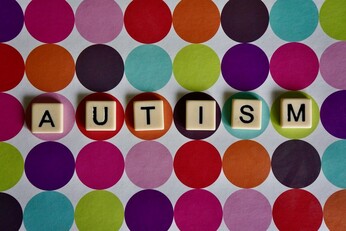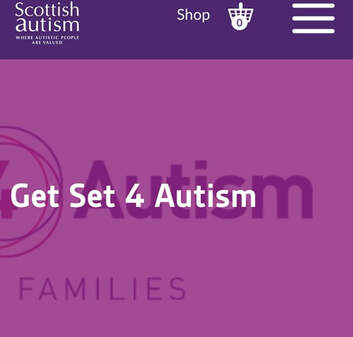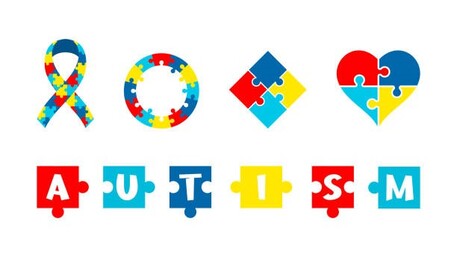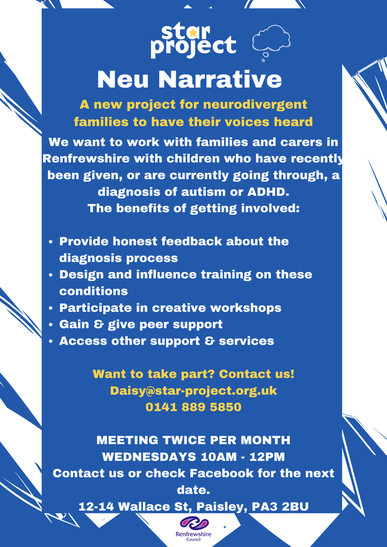AUTISM SUPPORT
what is autism?
Being autistic means a person sees the world, processes information and interacts with others in a specific way. Autistic people are all different which is why autism is often referred to as a spectrum. Autistic people may have differences in:
Their understanding and interpretation of social behaviour
Their understanding and use of verbal and non-verbal communication
Their ability to be flexible in their thinking and behaviour
Click the links below to find out more:
youtu.be/6lp09wSMPeM
Their understanding and interpretation of social behaviour
Their understanding and use of verbal and non-verbal communication
Their ability to be flexible in their thinking and behaviour
Click the links below to find out more:
youtu.be/6lp09wSMPeM
An Explanation of Autism For Children
Amazing Things Happen - Alexander Amelines
Alexander’s film gives an uplifting introduction to autism for young non-autistic audiences, aiming to raise awareness, understanding and tolerance in future generations
www.youtube.com/watch?v=RbwRrVw-CRo
www.youtube.com/watch?v=RbwRrVw-CRo
Click the pictures below to view some helpful presentations to support pupils with Autism Spectrum Disorder:

Christmas tips for autistic people and their familiesChristmas is a time of joy and celebration, but it can be difficult for some autistic people.
With your help, we’ve compiled a list of autism-friendly tips for the festive period. With good planning and clear communication, we hope these tips will help you to have an enjoyable Christmas.
Preparing Many autistic people can find any kind of change difficult. Planning and preparation is key in making Christmas as enjoyable as possible.
- Think about ways you can enjoy the festive season that work for you – don’t feel pressured into doing things just because that’s what other people do.
- Wherever possible, plan your Christmas in advance with your family, friends and any support services.
- Make sure all plans are shared and you know what you will be doing and when, and who else will be there.
- If it is helpful, use visual aids such as calendars, lists and schedules to help plan your Christmas.
- Think about and plan around sensory differences that could cause you distress or discomfort. Consider ear defenders etc for times of potential sensory overload.
- Create or find a quiet space where you can take a break if you get overwhelmed. You may want this to be a completely Christmas-free area, particularly around the main days of Christmas or at key times when there may be additional stress.
- Don’t just plan for Christmas Day.Plan for the whole festive break, and give yourself quiet days to recoup if needed.
- Don’t spend money you don’t have on Christmas gifts you can’t afford.
- Make sure you budget for buying Christmas gifts.
- If you’re visiting family and friends, tell them about anything that could help make your visit as stress-free as possible. For instance, turning off Christmas lights, letting you know in advance what the food will be, sharing plans for activities and having a quiet space to escape to.
Schedules Many autistic people have a strong need for routine. If schedule and routine is important to you, you might want to:
- Keep your daily schedule the same as possible, including on Christmas Day.
- Gradually introduce Christmas activities into your daily schedule. For instance, you could put up a few decorations on one day and more on another, plan a short Christmas shopping trip or decorate the tree, then switch on the tree lights on another day.
- Keep a copy of your schedule with you. Share it with other people if that would help them understand what you need to do, and if anything changes, change it on your schedule so you’ve got a new plan.
Decorations Many autistic people will have differing sensory needs; decorations for some are great whereas others may struggle and find them really overwhelming. You could:
- Plan the most suitable decorations for you and your home, including where best to have them and how many, if any.
- Consider decorating gradually, for example, you could put the Christmas tree in position, decorate it the next day, then put up other decorations even later.
- Create Christmas-free areas of the home without decorations.
Presents Presents can also be overwhelming: the number of them, the wrapping and unwrapping them; the unclear expectations about how to respond after receiving a present. You could try telling family and friends what your preference is in advance, including:
- The number of presents – make a list of presents you would like to receive and share this with your family and friends. This also removes any element of surprise, if you find that difficult.
- Explaining whether you want presents to be wrapped or not.
The holiday period, including Christmas, is loaded with additional sensory information, and you may go on extra visits to see family and friends. While this makes Christmas special for many, for children with sensory processing challenges, this time of year can be more difficult due to new lights, sounds, smells, and changes in their daily routine. As we approach the festive period, find out our top tips on how to support your child, keeping them safe and comfortable during the holiday season:
|
 Joining in with Sensory Differences
Joining in with Sensory Differences
